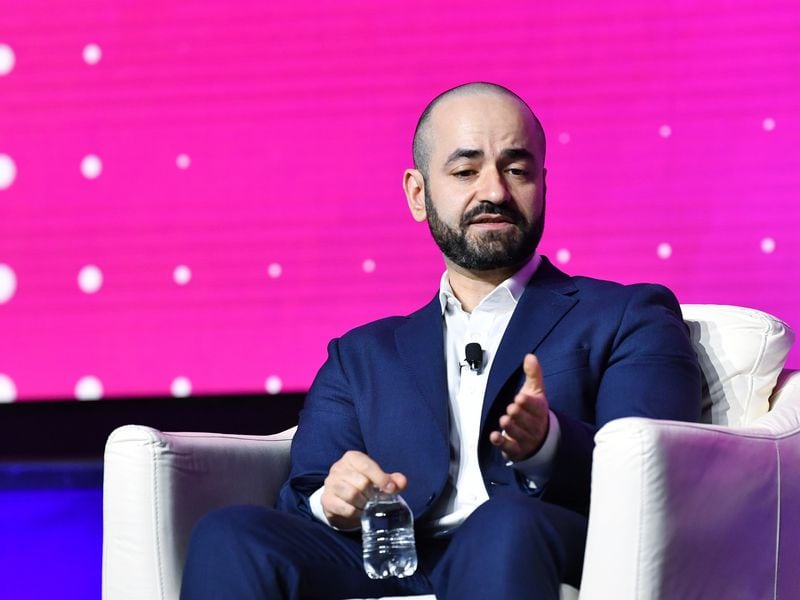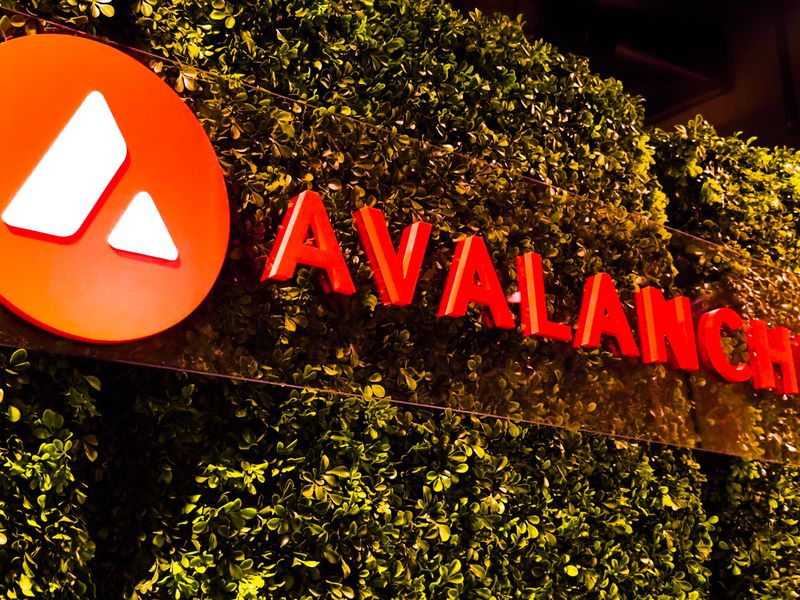Ethereum ETFs Could See Underwhelming Demand, Two Research Firms Predict
-
Initial demand for the spot ether ETFs could be less than anticipated, Wintermute and Kaiko predict.
-
Wintermute sees roughly 62% less inflows over the next year than bitcoin ETFs have received in six months.
A couple of prominent crypto firms see a relatively muted debut from exchange-traded funds that hold Ethereum’s ether (ETH).
Wintermute, a major market maker, sees ether ETFs collecting $4 billion, at most, of inflows from investors over the next year. That’s below the $4.5 billion to $6.5 billion expected by most analysts – and that latter number is already roughly 62% less than the $17 billion that bitcoin ETFs have so far collected since they began trading in the U.S. six months ago.
Wintermute does, however, see ether’s price gaining as much as 24% over the next 12 months, driven by those inflows.
Eight potential issuers are ready to list their products in the U.S. as soon as Tuesday, including BlackRock, Fidelity, Grayscale, VanEck, Franklin Templeton, Bitwise, 21Shares and Invesco, after submitting their final documents last week.
U.S. regulators balked at issuers’ request to allow ether ETFs to stake the crypto they own, which would’ve generated income that could’ve been shared with investors. “This loss reduces the competitiveness of ETH ETFs compared to direct holdings, where investors can still benefit from staking,” Wintermute said in its report.
Research firm Kaiko shares a similar outlook based on previous Ethereum-focused launches.
“The launch of the futures based ETH ETFs in the U.S. late last year was met with underwhelming demand,” Will Cai, head of indices at Kaiko, said in a report. “All eyes are on the spot ETFs’ launch with high hopes on quick asset accumulation.”
He said that regardless of the long-term trend, the price of ether will likely be “sensitive” to inflow numbers in the first days of trading.
According to data tracked by Kaiko, ether implied volatility increased sharply over the weekend, with contracts nearest to expiry (July 26) jumping to 67% from 59%.
“This suggests less conviction around the ETH launch, as traders are willing to pay higher premiums to hedge bets,” the report said.
Issuers revealed their expected management fees in filings last week, clearing one of the last hurdles to getting final regulatory approval, with Grayscale’s Ethereum Trust seeking to charge investors 2.5% while most other managers kept fees lower in the 0.15% to 0.25% range.
Edited by Nick Baker.









